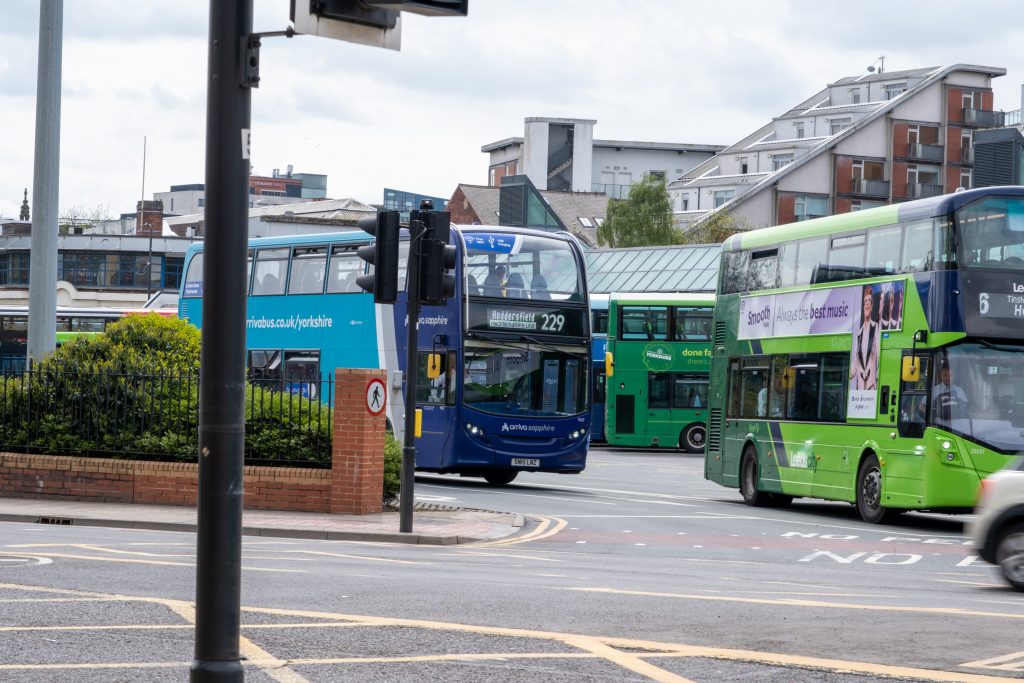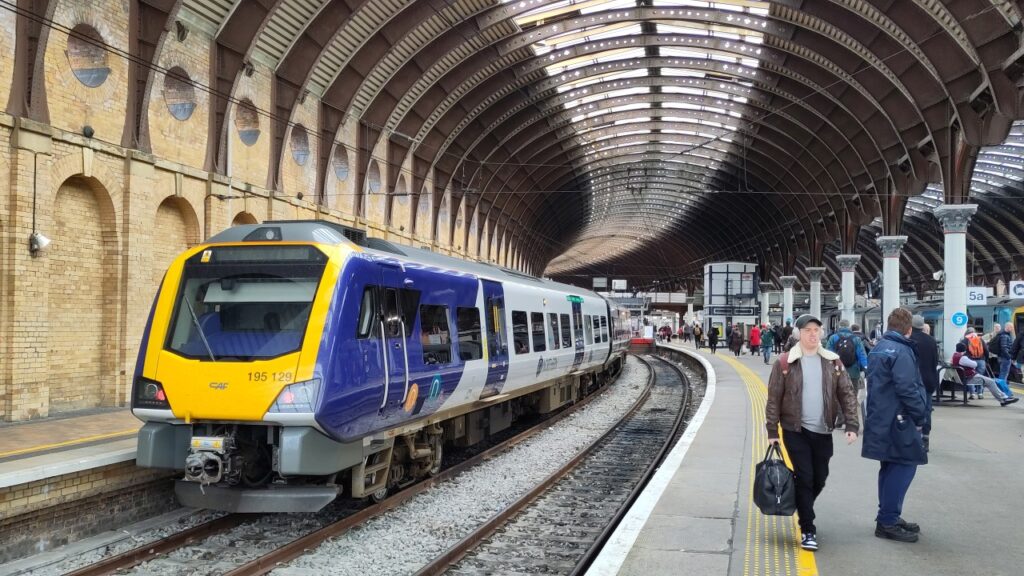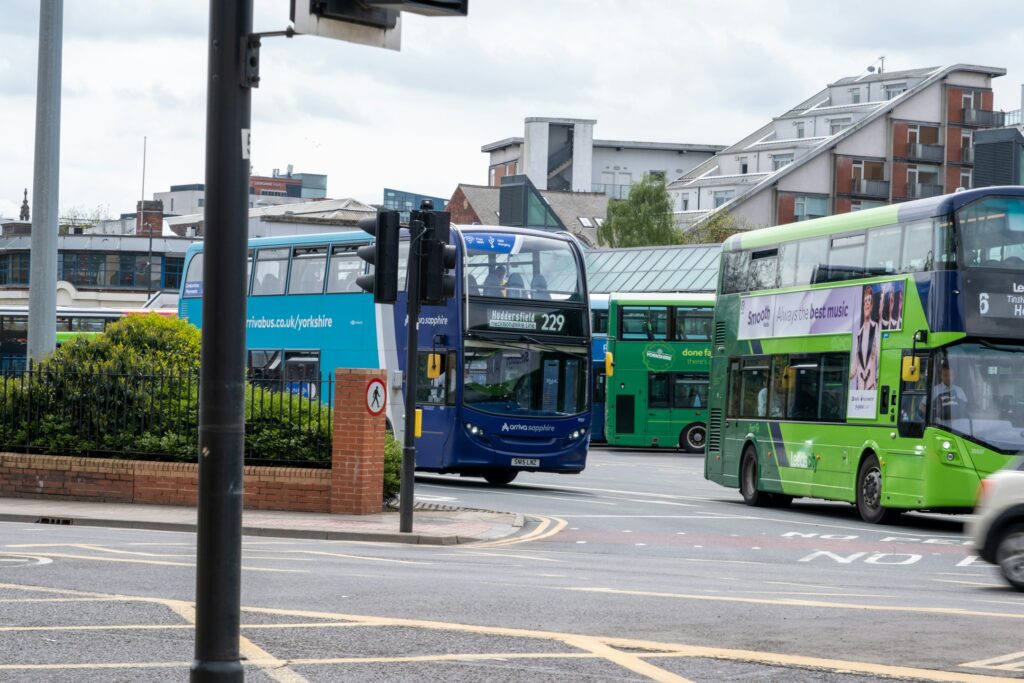In a bid to ease the burden of rising living costs, the UK government introduced a £2 fare cap on single bus journeys across England outside London in January 2023. This initiative aims to make bus travel more affordable and accessible, particularly for those living in areas with expensive long-distance buses.
The £2 fare cap has brought significant benefits to communities across England, particularly in rural and underserved areas. Here are some of the key advantages:
- Increased affordability: The fare cap has made bus travel a more viable option for many people, especially those on low incomes or facing financial constraints. This has led to an increase in bus ridership, with a Transport Focus survey suggesting a 7% rise in passenger numbers.
- Improved accessibility: The affordability of bus travel has improved accessibility for essential services, such as healthcare, education, and employment. This is particularly beneficial for individuals who rely on public transport for their daily commute or to access vital services.
- Reduced car dependency: The fare cap has encouraged people to switch from private cars to buses, contributing to a reduction in traffic congestion and air pollution. This aligns with the our goals of promoting sustainable transport and reducing environmental impact.

The £2 bus fare cap has proven to be a valuable initiative, providing much-needed relief to communities across England, particularly those with expensive long-distance buses. The cap has made bus travel more affordable, accessible, and sustainable, contributing to a healthier environment and a more equitable society.
We urge the UK government to reconsider the expiration date of the £2 bus fare cap and make it a permanent measure. This would not only provide continued financial relief to bus users but also align with our goal, and the long-term goal of the country, of promoting sustainable transport and reducing regional inequalities.



